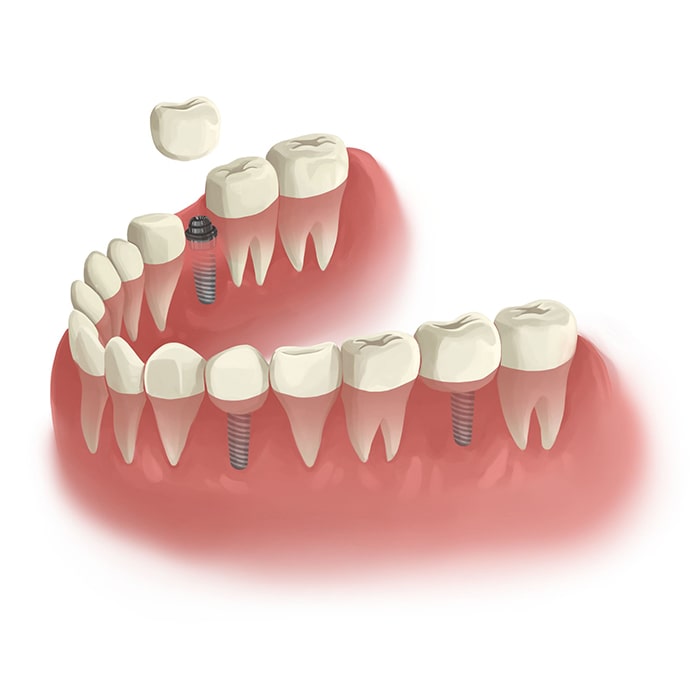Leading Tips for a Smooth Wisdom Teeth Removal Aspendale Experience
Exploring Various Sedation Options for a Comfy Wisdom Pearly Whites Extraction Experience
The usage of sedation during such treatments has become progressively usual to reduce anxiety and discomfort. With a range of sedation options readily available, from regional anesthesia to basic anesthesia, each method supplies differing degrees of relaxation and discomfort control.
Regional Anesthetic
Local anesthesia is a commonly used technique for numbing certain locations of the mouth during knowledge teeth extraction procedures. By carrying out a neighborhood anesthetic, such as lidocaine, a dental professional can make sure that the individual stays pain-free and comfy throughout the removal process.
Among the key advantages of neighborhood anesthetic is its targeted numbing effect, which implies that only the certain location being treated is affected. This localized approach minimizes the risk of systemic adverse effects and enables a quicker recuperation post-procedure. Furthermore, neighborhood anesthesia is considered to be a secure and regular technique in dental care, with minimal risks involved when carried out by an experienced professional.
Laughing Gas
Nitrous oxide, frequently known as chuckling gas, is a kind of sedation commonly utilized in dental care to aid patients unwind throughout oral treatments. This sedation option allows the client to remain responsive and mindful throughout the procedure while feeling at ease and comfortable.
Once the mask is eliminated, the effects of the gas use off promptly, allowing people to resume their regular activities without sticking around sedative impacts. Nitrous oxide is suitable for individuals of all ages, making it a flexible sedation choice for wisdom teeth extractions and various other oral treatments.
Oral Sedation
Oral sedation, a pharmacological method used in dental care, includes the management of sedative medicines by mouth to induce a loosened up state during dental treatments. The medicines suggested for oral sedation belong to a course of medications called benzodiazepines, which have sedative, anxiolytic, and amnesic homes.
Unlike intravenous sedation, dental sedation does not need needles or injections, making it a much more comfortable option for individuals with a concern of needles. In addition, oral sedation is taken into consideration risk-free and reliable when provided by trained dental professionals.
IV Sedation
Administered intravenously by trained doctor, IV sedation is a powerful technique made use of to induce a controlled state of deep relaxation and unconsciousness throughout dental procedures. Unlike oral sedation, which can be unforeseeable in its results, IV sedation enables exact control over the degree of sedation, making it a suitable selection for complicated treatments like knowledge teeth removals.
During IV sedation, a sedative drug is supplied straight into the bloodstream with a capillary, enabling it to take result rapidly and efficiently. This method makes certain that the patient remains comfy and not aware of the treatment while still keeping important functions such as breathing and heart rate.
Among the key advantages of IV sedation is its capability to provide a deeper level of sedation contrasted to various other methods, making it particularly suitable for people with high degrees of stress and anxiety or those going through extensive oral job (wisdom teeth removal aspendale). Additionally, the impacts of IV sedation commonly disappear progressively after the procedure, reducing the likelihood of grogginess or sticking around adverse effects. In general, IV sedation provides a effective and safe choice for guaranteeing a comfortable and hassle-free experience during wisdom teeth removal

General Anesthetic
Having talked about the advantages of IV sedation for knowledge teeth removal, the application of basic anesthesia offers a different click reference choice for clients calling for a much deeper level of unconsciousness during dental treatments. General anesthesia induces a controlled state of unconsciousness, making sure the patient really feels no discomfort or discomfort throughout the extraction process. This method is specifically useful for people with extreme dental anxiousness, facility surgical demands, or those going through several removals concurrently.
General anesthesia is provided by a qualified anesthesiologist who carefully keeps an eye on the client's crucial indications throughout the treatment. It entails using intravenous medications or breathed in gases to cause a state of unfamiliarity. While under basic anesthesia, the individual will not recognize the surgical procedure, experience any discomfort, or have any type of recollection of the procedure later.
Although basic anesthesia is safe when provided by certified professionals, it lugs a somewhat higher threat compared to various other sedation options - wisdom teeth removal aspendale. Clients thinking about basic anesthesia for wisdom teeth removal ought to go over the possible risks and benefits with their dental professional or oral specialist to make an informed decision based on their private requirements and case history

Final Thought
In final thought, numerous sedation alternatives are readily available to ensure a comfortable wisdom teeth removal experience. Regional anesthesia is frequently used for numbing the particular location, while nitrous oxide provides relaxation and pain relief. Oral sedation and IV sedation deal deeper levels of relaxation, depending upon the patient's demands. General anesthetic can be utilized for extra intricate cases. It is very important to talk to your dental practitioner or dental doctor to identify one of the most ideal sedation alternative for your procedure.
Nitrous oxide is ideal for individuals of all ages, making it a functional sedation option for wisdom teeth removals and various other dental procedures.
